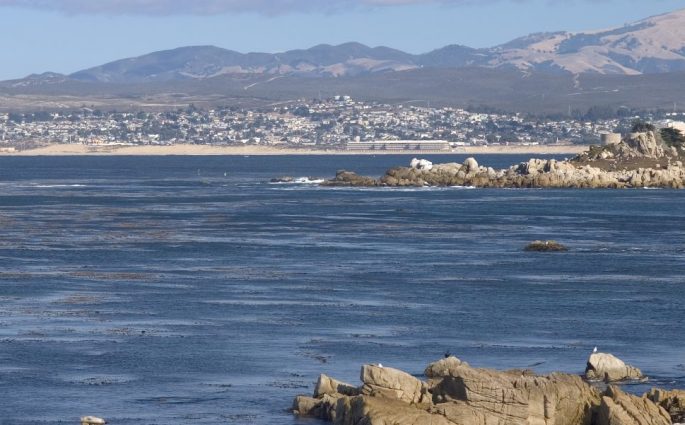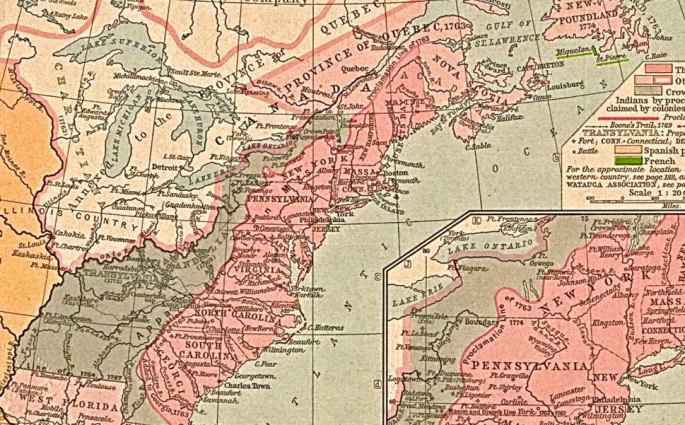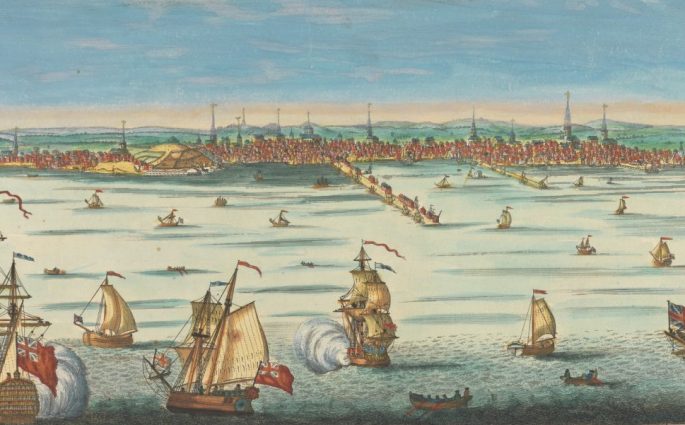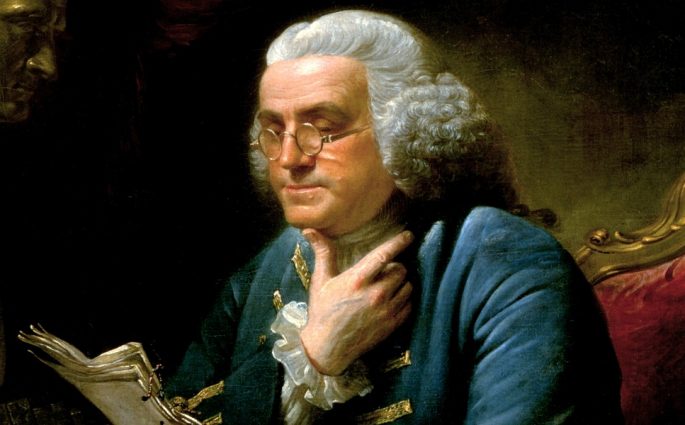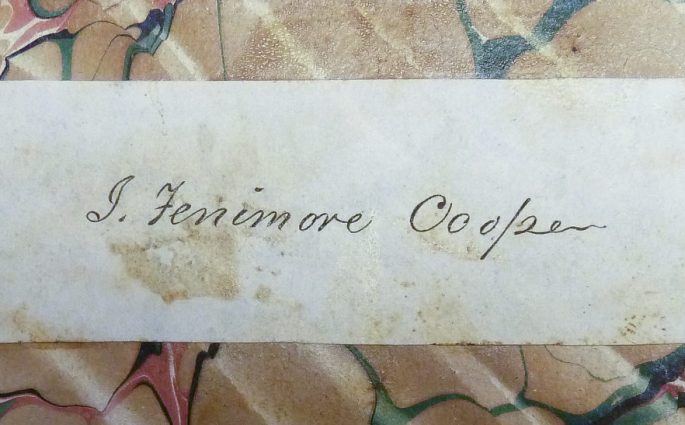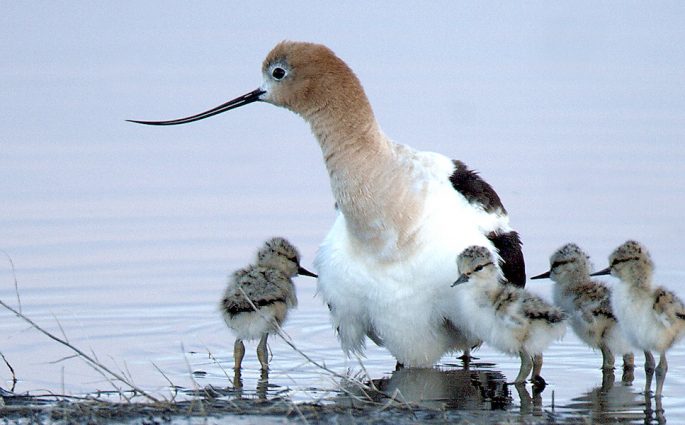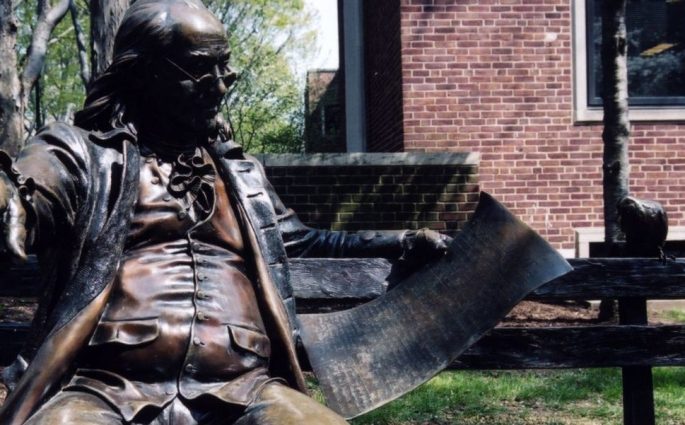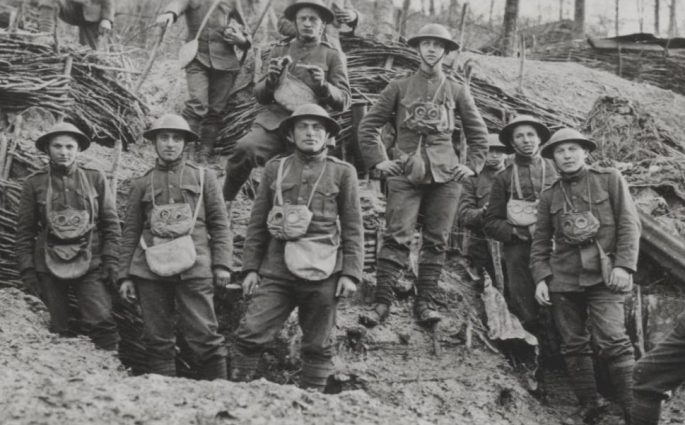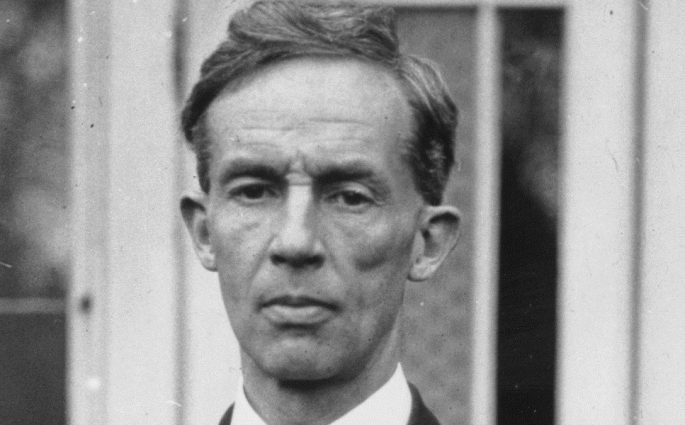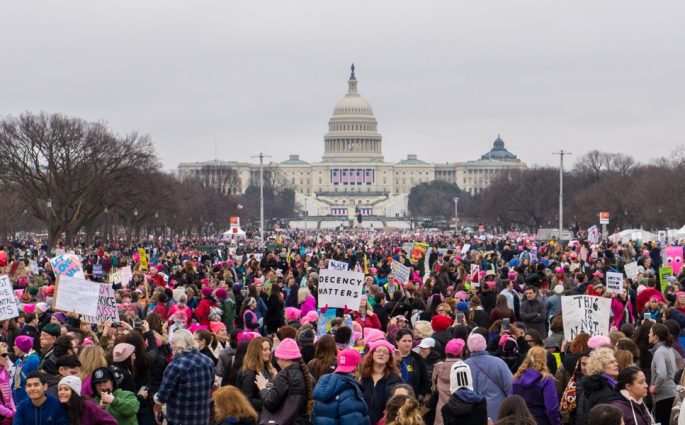Confronting American Genocide on the California Coast
Benjamin Madley— As the sun rose on July 7, 1846, four U.S. warships rode at anchor in Monterey Bay. Ashore, the Mexican tricolor cracked over the adobe walls and red-tiled roofs of California’s capitol for the last time. At 7:30 a.m., Commodore John Sloat sent Captain William Mervine ashore “to

